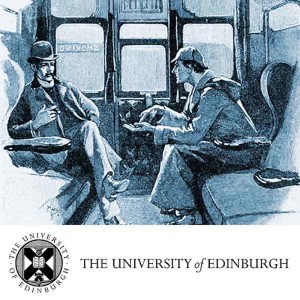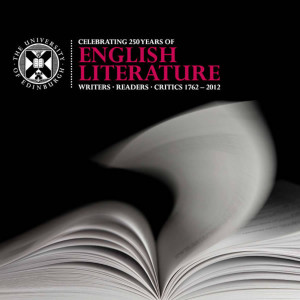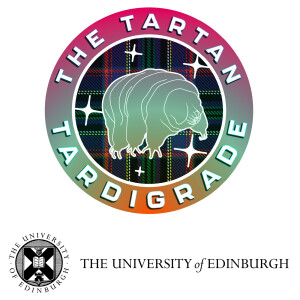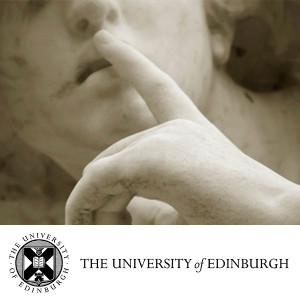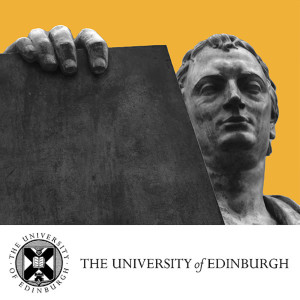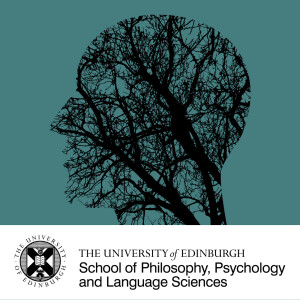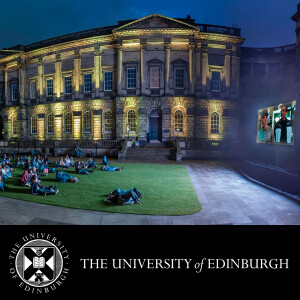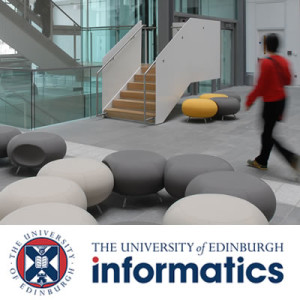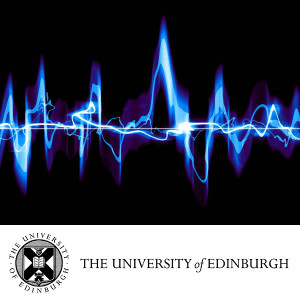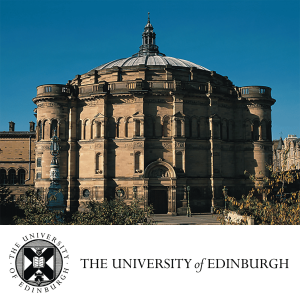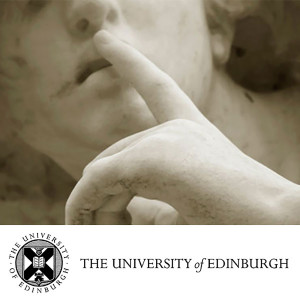

Gifford Lectures (audio)
http://www.kaltura.com/api_v3/getFeed.php?partnerId=2010292&feedId=1_uur0dl49Episode List

Prof. Jeremy Waldron - Looking for a Range Property: Hobbes, Kant, and Rawls
Professor Jeremy Waldron, University Professor at the New York University Law School, delivers the third in the 2015 Gifford Lecture series, entitled "Looking for a Range Property: Hobbes, Kant, and Rawls". In 'A Theory of Justice' Rawls introduced the idea of a 'range property' - a sort of threshold-based approach to the significance of variations in a certain range. Professor Waldron explores this idea, which Hobbes and Kant also implicitly relied on. Recorded on 29 January 2015 at the University of Edinburgh's Playfair Library.

Prof. Jeremy Waldron - Everyone To Count For One
Professor Jeremy Waldron, University Professor at the New York University Law School, delivers the second in the 2015 Gifford Lecture series, entitled "Everyone To Count For One - The Logic of Basic Equality". In this lecture, Professor Waldron will distinguish basic equality from various normative positions - both egalitarian and non-egalitarian - that are built up on it. Professor Waldron will seek to make sense of Jeremy Bentham’s maxim. That maxim, 'Everyone to count for one', is tantalizingly close to tautological: for what exactly does 'no one [counts] for more than one' rule out? And is basic equality just a negative position, denying significance to certain kinds of descriptive inequality? Or is it an affirmative position based on the positive significance of certain descriptive properties? Recorded on 27 January 2015 at the University of Edinburgh's Playfair Library.

Prof. Jeremy Waldron - More Than Merely Equal Consideration
Professor Jeremy Waldron, University Professor at the New York University Law School, delivers the first in the 2015 Gifford Lecture series, entitled "More Than Merely Equal Consideration, - the Rev. Hastings Rashdall" In 1907, an Anglican clergyman teaching at New College, Oxford elaborated a theory of human inequality in Volume 1 of his book, The Theory of Good and Evil: A Treatise on Moral Philosophy. Hastings’ theory is highly offensive to modern ears: for it is a form of philosophical racism. But we will examine it — first, because it gives us a very clear picture of the position that basic equality has to deny; and second, because it hints at insidious ways in which rejections of basic equality might be revived. Recorded on 26 January 2015 at the University of Edinburgh's Playfair Library.

Justice Catherine O'Regan - 'What is Caesar's?' Adjudicating Faith in Modern Constitutional Democracies
Justice Catherine O’Regan, former judge to the South African Constitutional Court and chairperson of the United Nations Internal Justice Council, delivers the University of Edinburgh's 2014 Gifford Lecture. Courts in constitutional democracies face tough questions in developing a principled jurisprudence for the adjudication of claims based on faith. This lecture considers some of the recent jurisprudence from Europe, North America, India and South Africa and discuss key questions including whether it is possible to identify a principled basis for the adjudication of claims based on faith, whether cross-jurisdictional learning is possible and proper and whether different social, political and religious contexts should and do make a difference to answering these questions. This lecture was recorded on Monday 19 May, at the University of Edinburgh's St Cecilia's Hall.

Lord Williams of Oystermouth - Can Truth be Spoken?
Lord Rowan Williams of Oystermouth delivers the Gifford Lecture series entitled "Making Representations: Religious Faith and the Habits of Language". Lecture 6: Can Truth be Spoken? In what sense can we legitimately think about silence as a mode of knowing? We need to be cautious about using such a notion as an excuse for giving up the challenges of truthful speech. But it is true that, if what is ultimately most important is to be attuned to the reality that we invite to 'inhabit' us, silence may be the most appropriate means of representation. The challenge is to frame silence in order to render it meaningful; that is, as more than an absence of sound or concept. And to identify such deliberate and 'strategic' silence - in meditation, in music, but also in aspects of our habitual discourse - is to raise the question of how silence 'refers' and so puts all we say in a new, and questioning, light. Recorded on 14 November 2013 at the University of Edinburgh's New College.
You may also like
Create Your Podcast In Minutes
- Full-featured podcast site
- Unlimited storage and bandwidth
- Comprehensive podcast stats
- Distribute to Apple Podcasts, Spotify, and more
- Make money with your podcast
